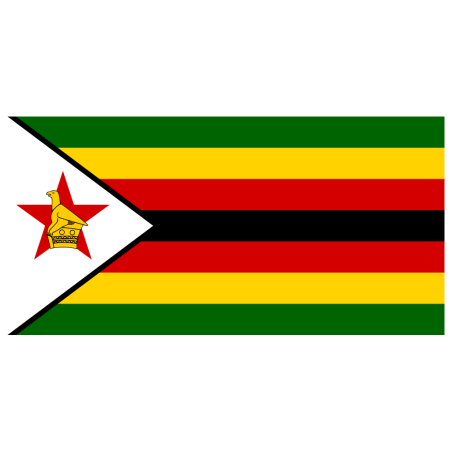Zimbabwe: Cash Crisis Hits Banks, Shops

Banks have introduced stringent cash management systems including limiting maximum cash withdrawals to $500 per transaction and switching off some of their ATMs following a liquidity crisis that has hit the market, it has emerged.
Although some bank officials tried to put the matter under a lid, market snap surveys in and around Harare, however, revealed that even the Zimswitch facility had been disabled and customers were unable to receive cash backs from some supermarkets.
Tobacco farmers were also not able to access their money as some ATMs were off and they were only allowed to withdraw limited amounts from banking halls.
Last week, the central bank directed all tobacco farmers to open bank accounts into proceeds of their tobacco will be deposited.
In the previous seasons, farmers would cash their cheques at the banks at the auction floors, but will now have their money deposited directly into their bank accounts.
Last year, over 70 000 farmers, mostly small-scale, registered to grow tobacco, but the majority of them had no bank accounts.
Reserve Bank of Zimbabwe Governor Dr John Mangudya confirmed the cash challenge and appealed to the banking public to adopt the use of plastic money in order to minimise high demand for cash associated with traditional payment dates.
"As the central bank, our key function is to ensure financial stability in the economy and that people are able to get their money when they want it. We are aware of the situation and the high demand for cash because of salary and bonus payments (for civil servants)," he said adding that banks had been requested to increase their cash imports.
"However, importing cash is not an overnight event . . . it takes time but we are confident that the banks will be able to sufficiently meet the requirements of the banking public."
The central bank governor encouraged the banking public to use plastic money, particularly given that the country was using multi-currencies, which it did not print and control.
"I also urge people to use point of sale when transacting. It is a national responsibility for everyone; especially at a time we are not in a position to print money. There are local businesspeople that do not bank their daily takings, preferring to keep the money in safes at home, fuelling cash shortages," he said.
Zimbabweans generally prefer keeping hard cash even though there are some alternative payment systems such as point of sale and mobile platforms. It has also been observed that the country has low confidence in the banking system following the loss of savings after the transition to the multi-currency system from hyperinflation.
There have also been concerns about transaction charges on the various platforms such as POS, mobile money platforms and the fees of maintaining bank accounts (which in turn results in highly short-term deposits).
Dr Mangudya said the central bank advised tobacco farmers to open accounts so that they could access their money through ATMs and accounts and urged banks to comply.
 Africas leading resource for digital financial services
Africas leading resource for digital financial services


comments